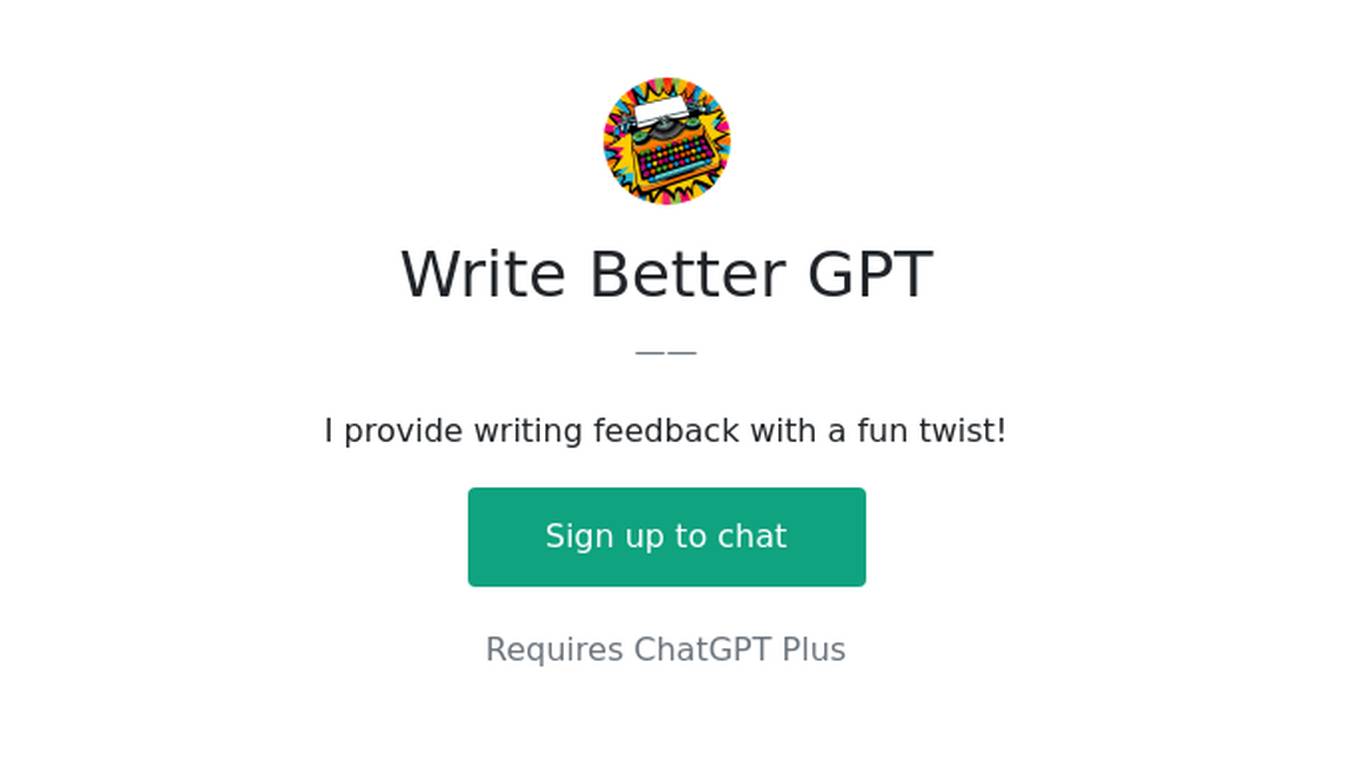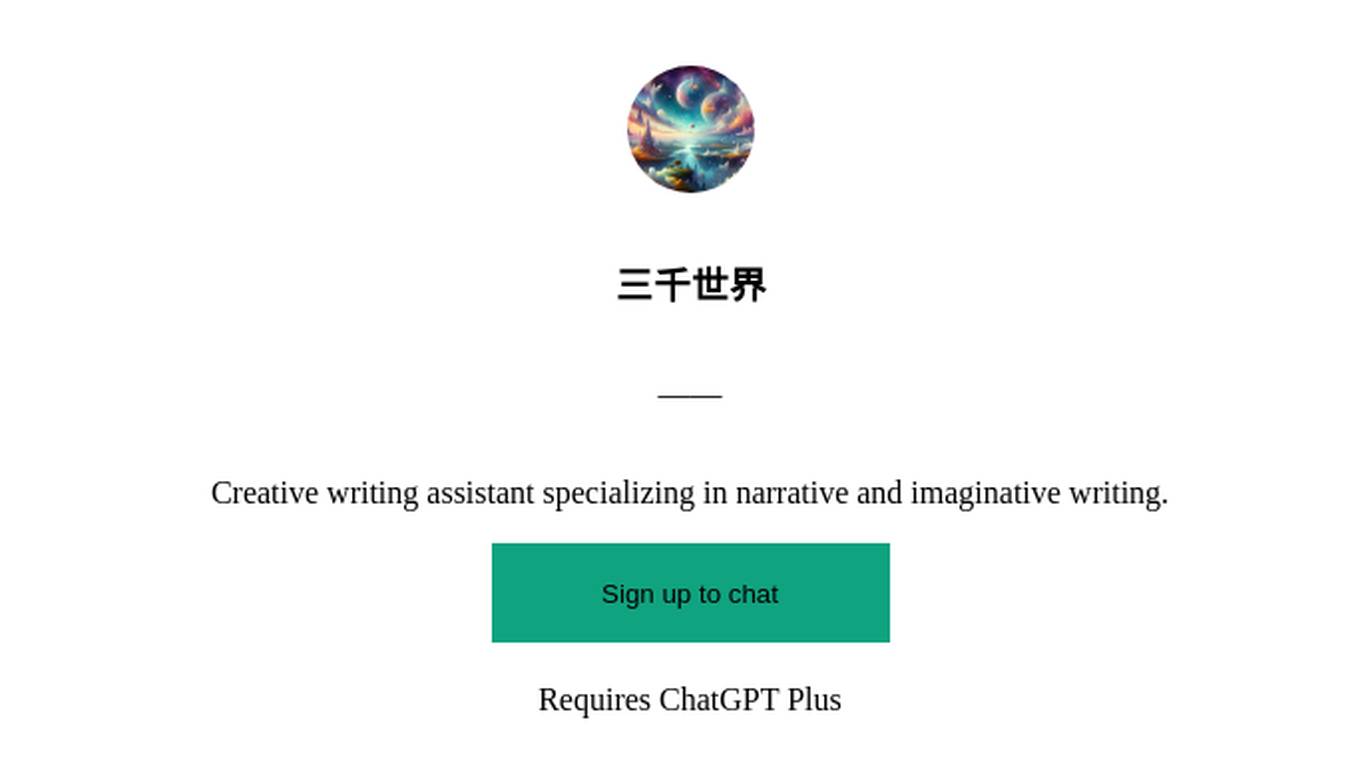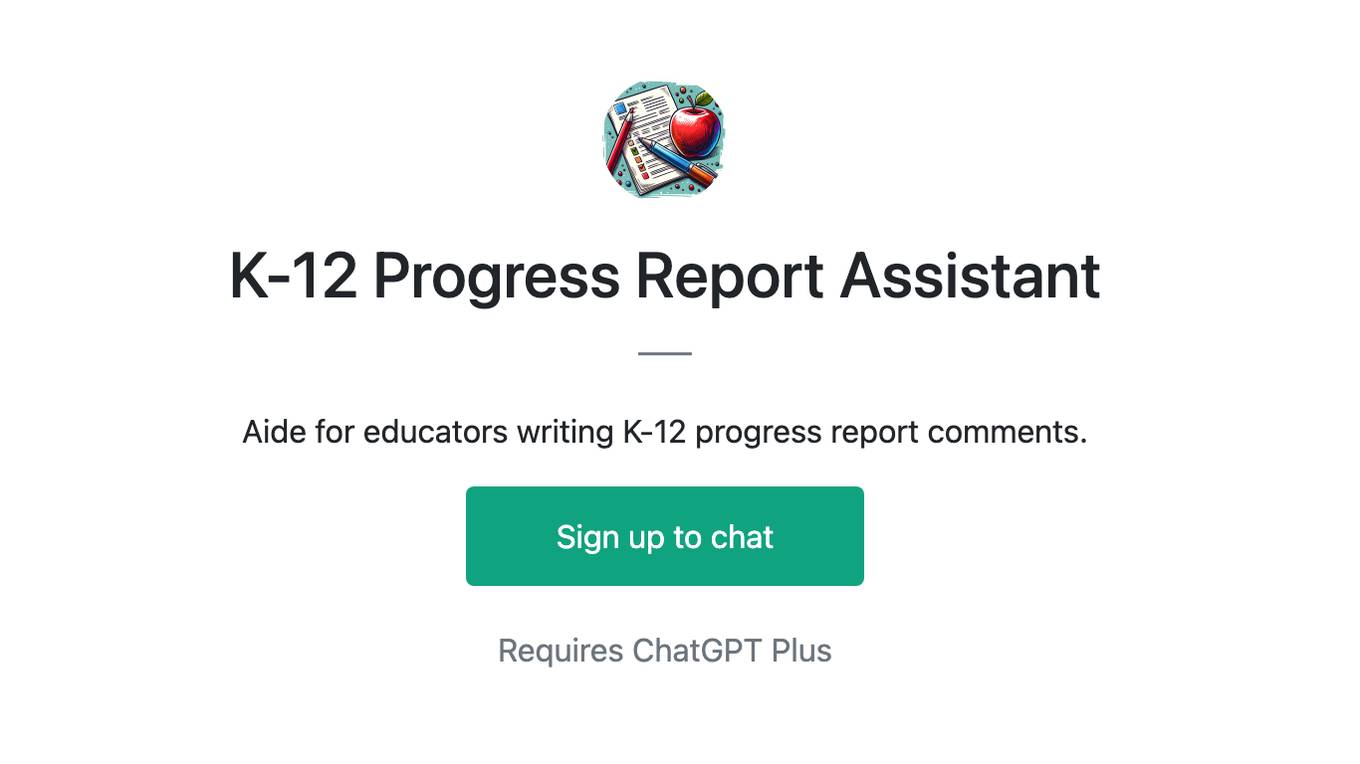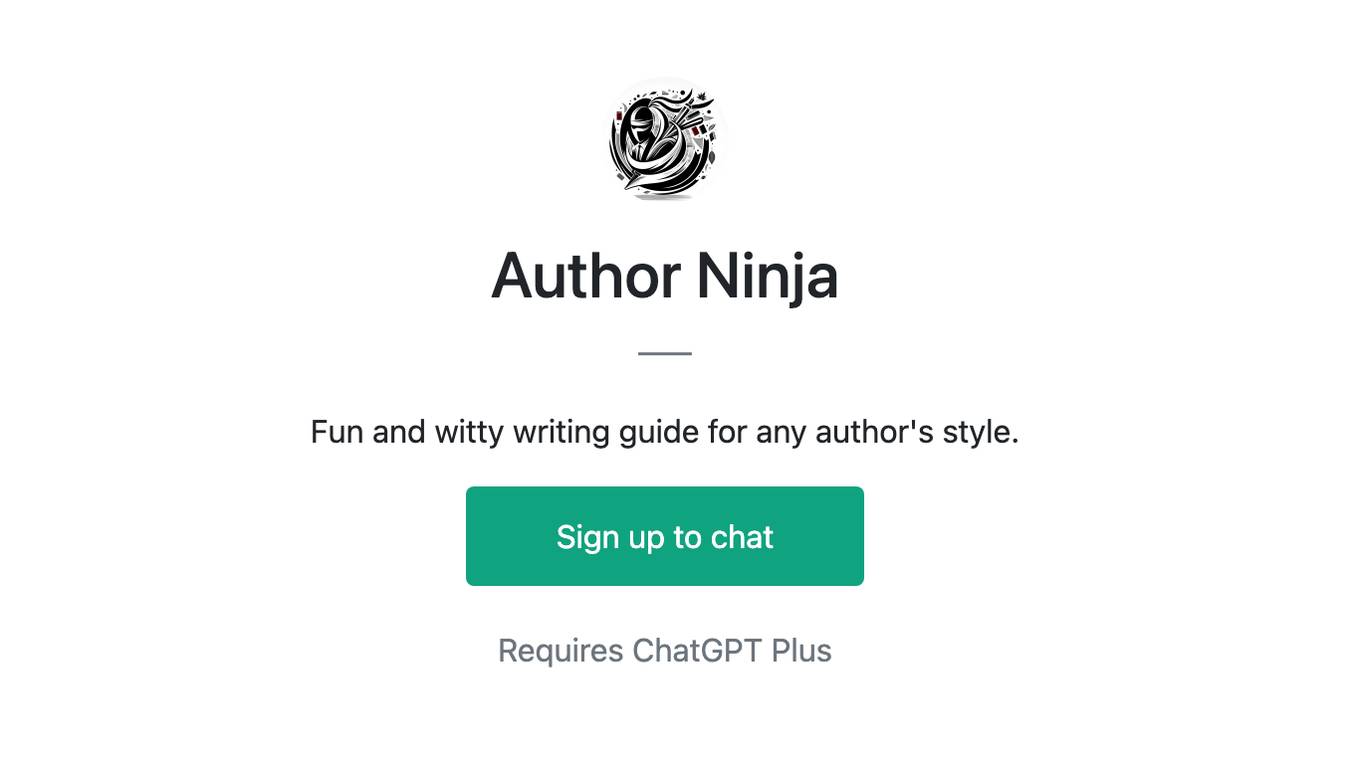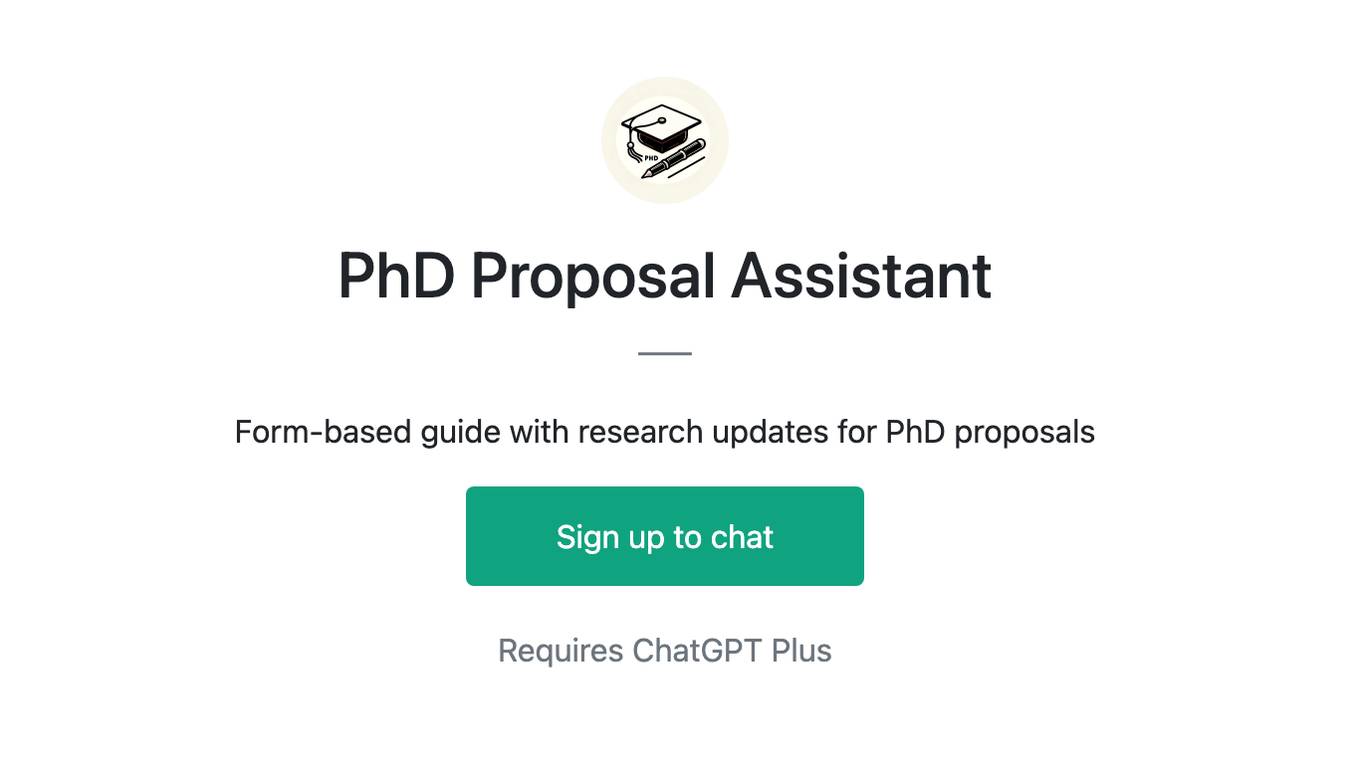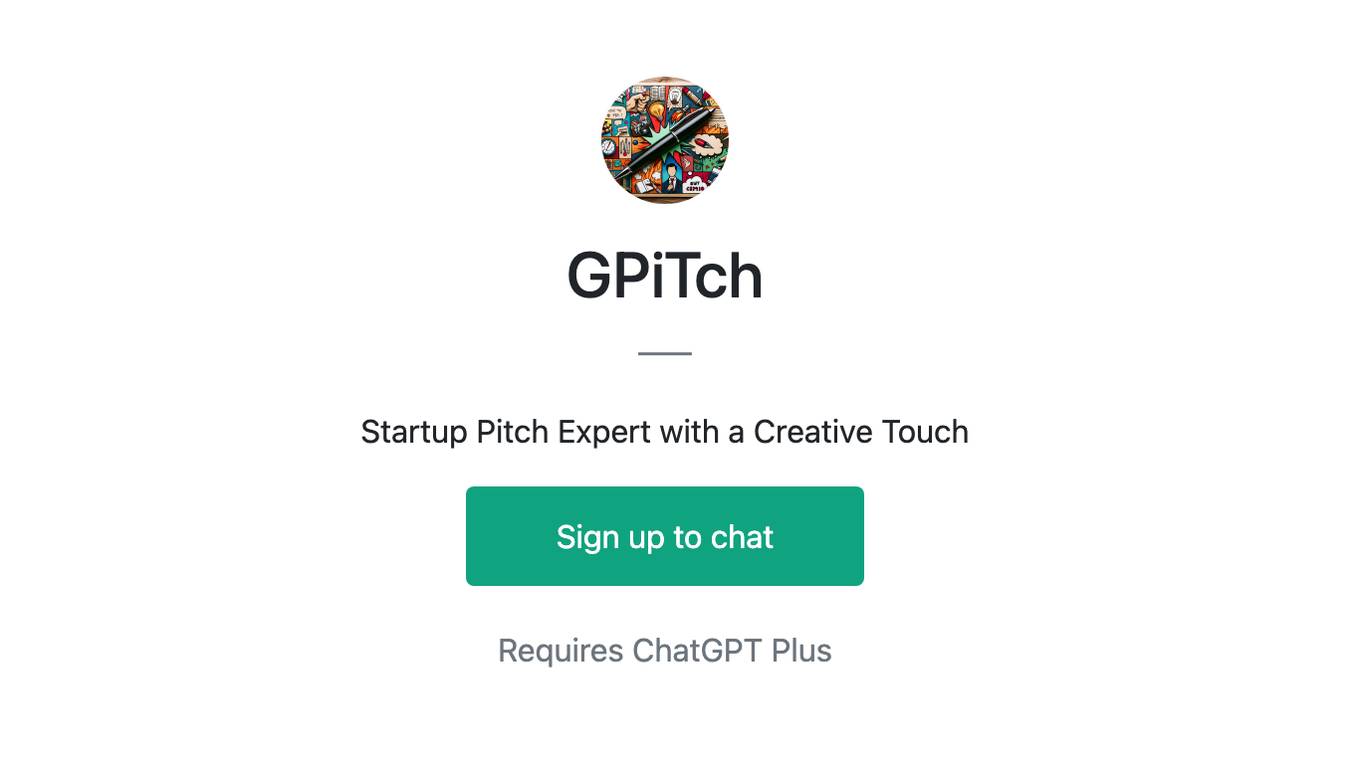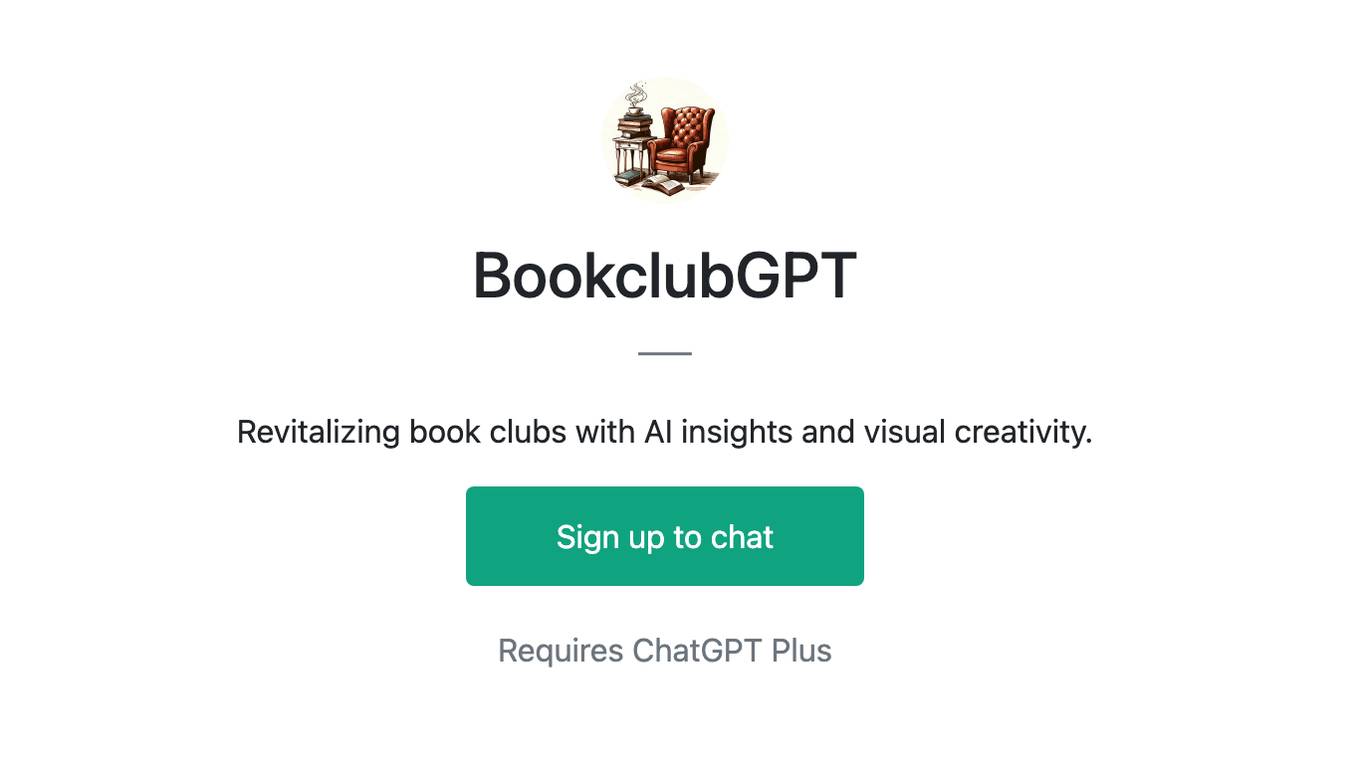Best AI tools for< Generate Writing Feedback >
20 - AI tool Sites
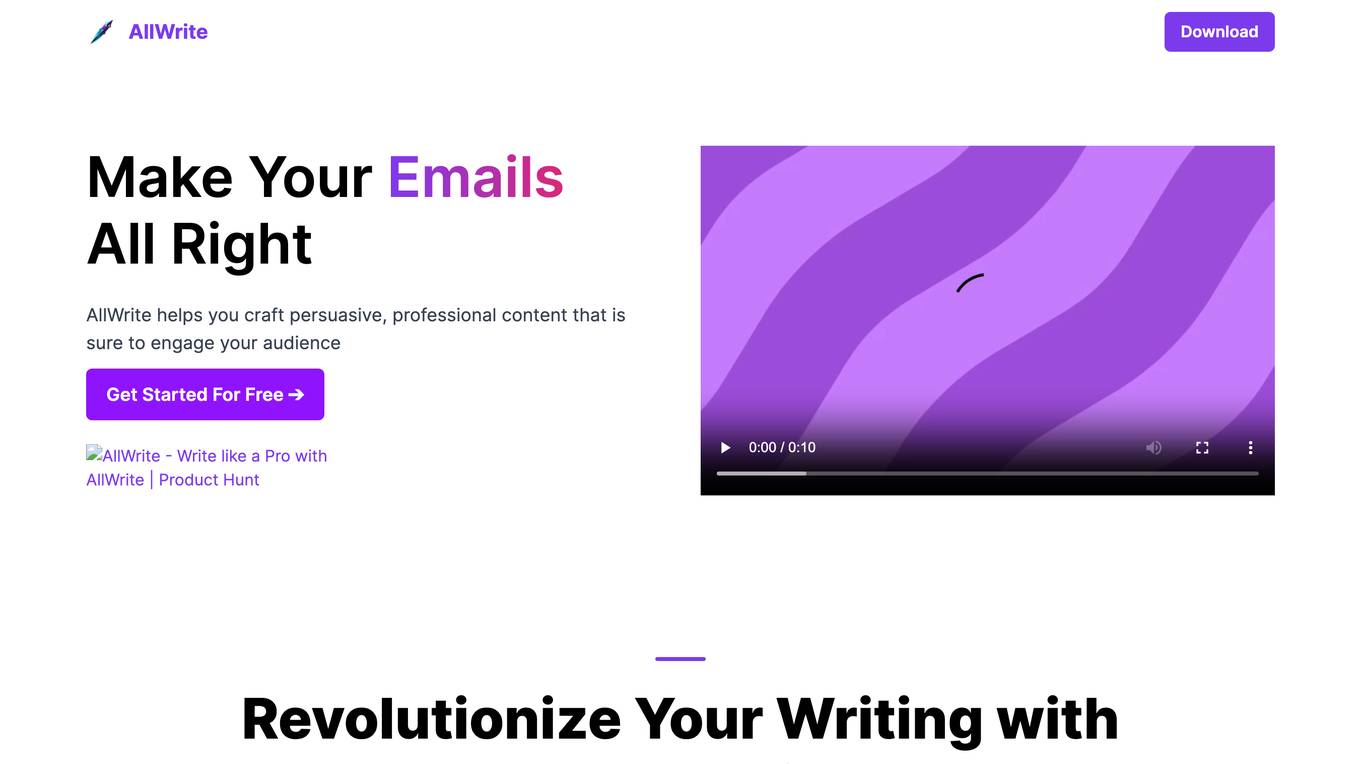
AllWrite
AllWrite is an AI-powered writing assistant tool that helps users create persuasive, professional content quickly and easily. It offers features such as effortless emails, summarization, copywriting, and AI detection bypass. With AllWrite, users can save time and energy while producing high-quality writing that engages their audience and drives the desired action.

Autodraft
Autodraft is an AI-powered writing assistant that helps you create high-quality content quickly and easily. With Autodraft, you can generate text, translate languages, summarize documents, and more. Autodraft is the perfect tool for anyone who wants to improve their writing skills or save time on content creation.
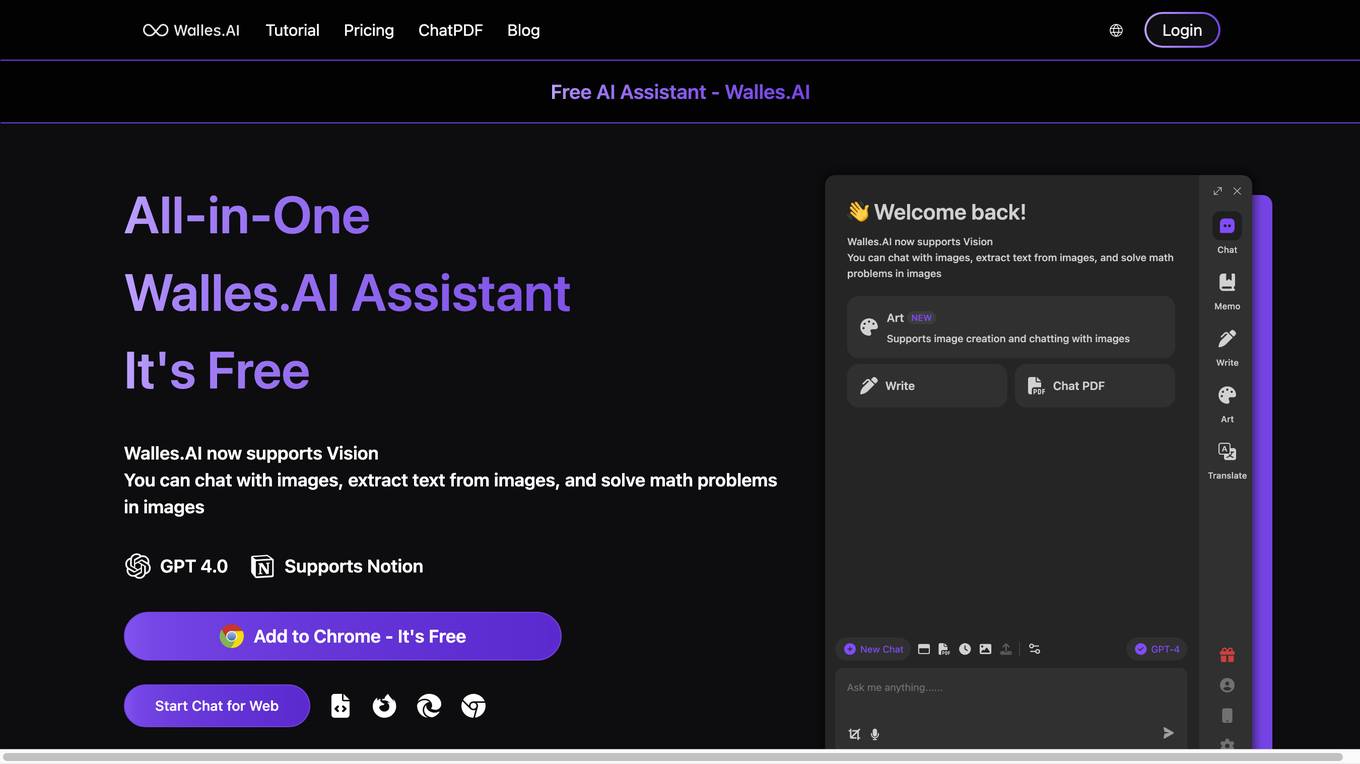
Walles.AI
Walles.AI is a cloud-based AI-powered writing assistant that helps businesses create high-quality content, including articles, blog posts, social media posts, and more. It uses natural language processing (NLP) and machine learning (ML) to analyze data, generate text, and provide feedback on writing style and tone. Walles.AI is designed to help businesses save time and money on content creation while also improving the quality of their writing.
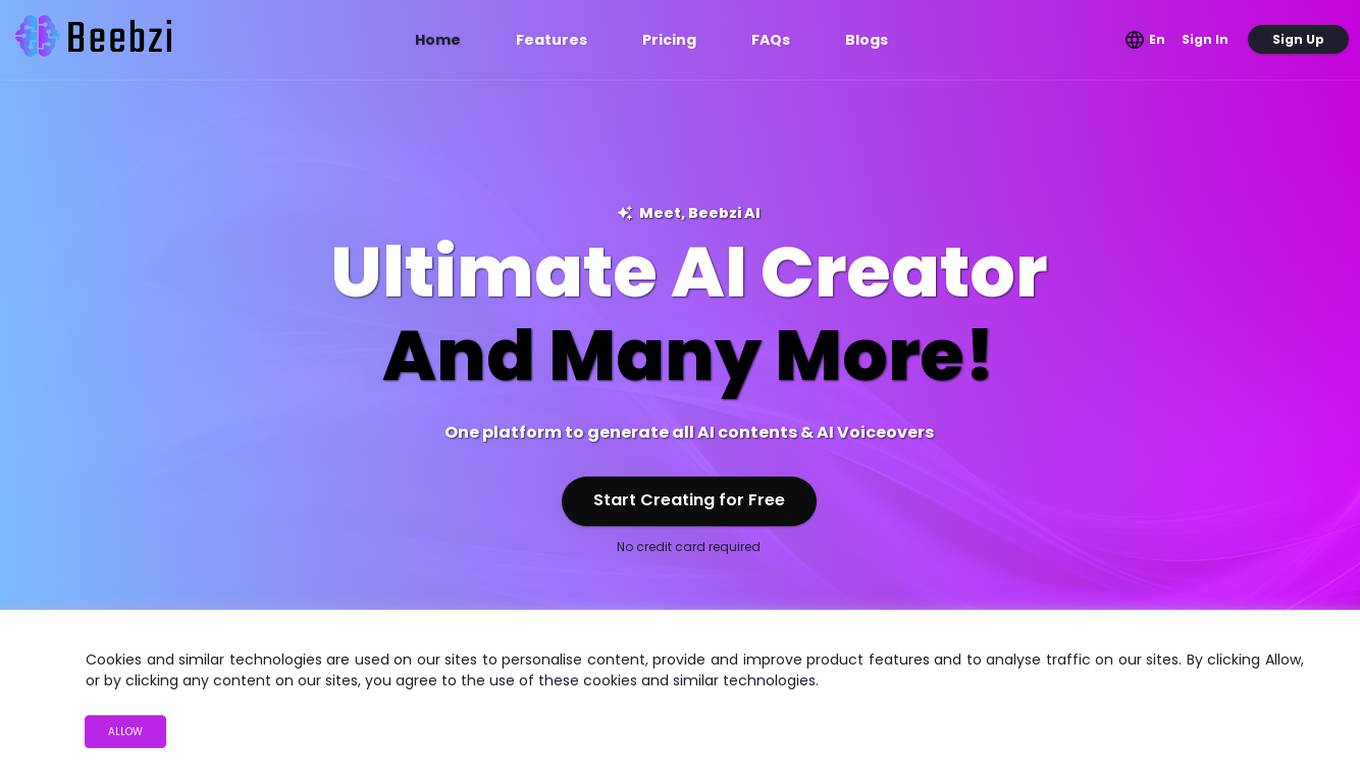
Beebzi.AI
Beebzi.AI is an all-in-one AI content creation platform that offers a wide array of tools for generating various types of content such as articles, blogs, emails, images, voiceovers, and more. The platform utilizes advanced AI technology and behavioral science to empower businesses and individuals in their marketing and sales endeavors. With features like AI Article Wizard, AI Room Designer, AI Landing Page Generator, and AI Code Generation, Beebzi.AI revolutionizes content creation by providing customizable templates, multiple language support, and real-time data insights. The platform also offers various subscription plans tailored for individual entrepreneurs, teams, and businesses, with flexible pricing models based on word count allocations. Beebzi.AI aims to streamline content creation processes, enhance productivity, and drive organic traffic through SEO-optimized content.
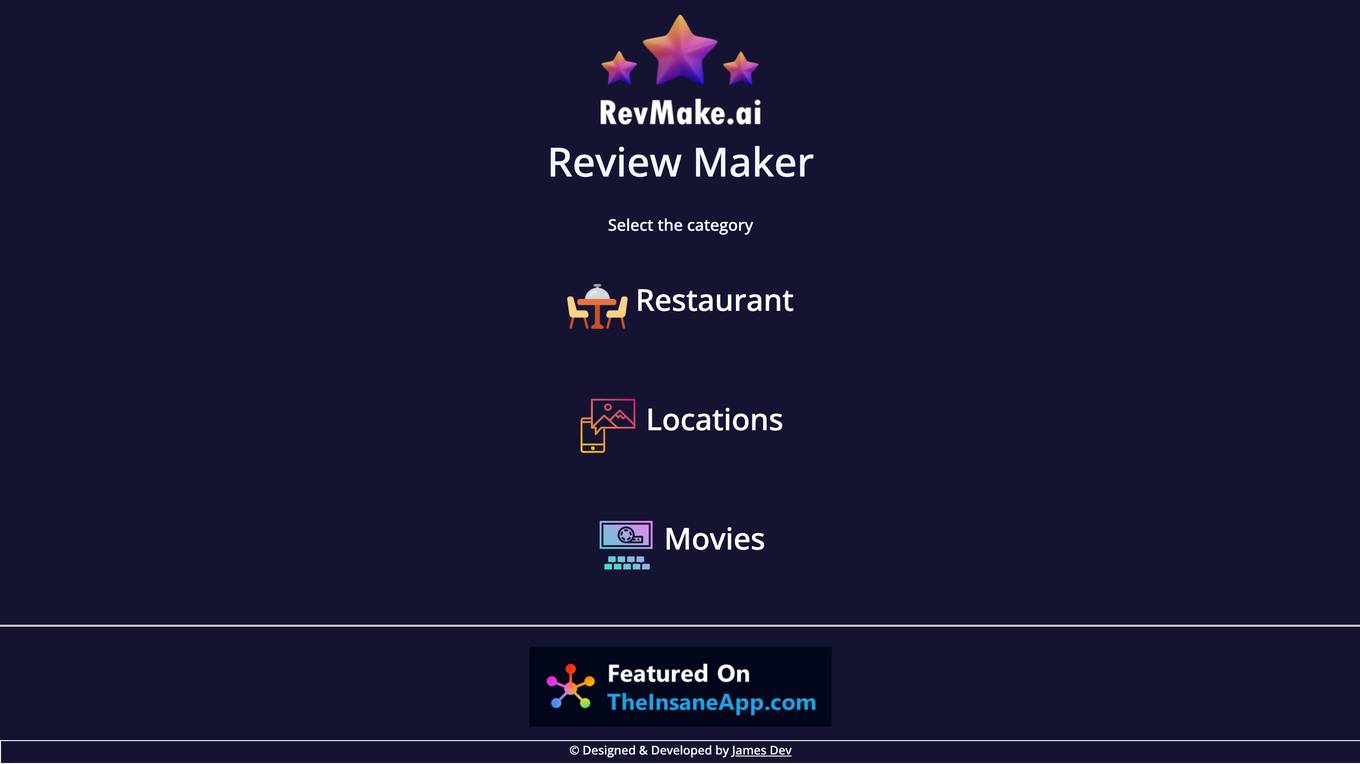
RevMakeAI
RevMakeAI is an AI-powered Review Generator that helps users create reviews for various categories such as restaurants, locations, and movies. The tool utilizes artificial intelligence to generate high-quality reviews quickly and efficiently. Users can support the project by upvoting, sharing feedback, and contributing. RevMakeAI is designed and developed by James Dev.
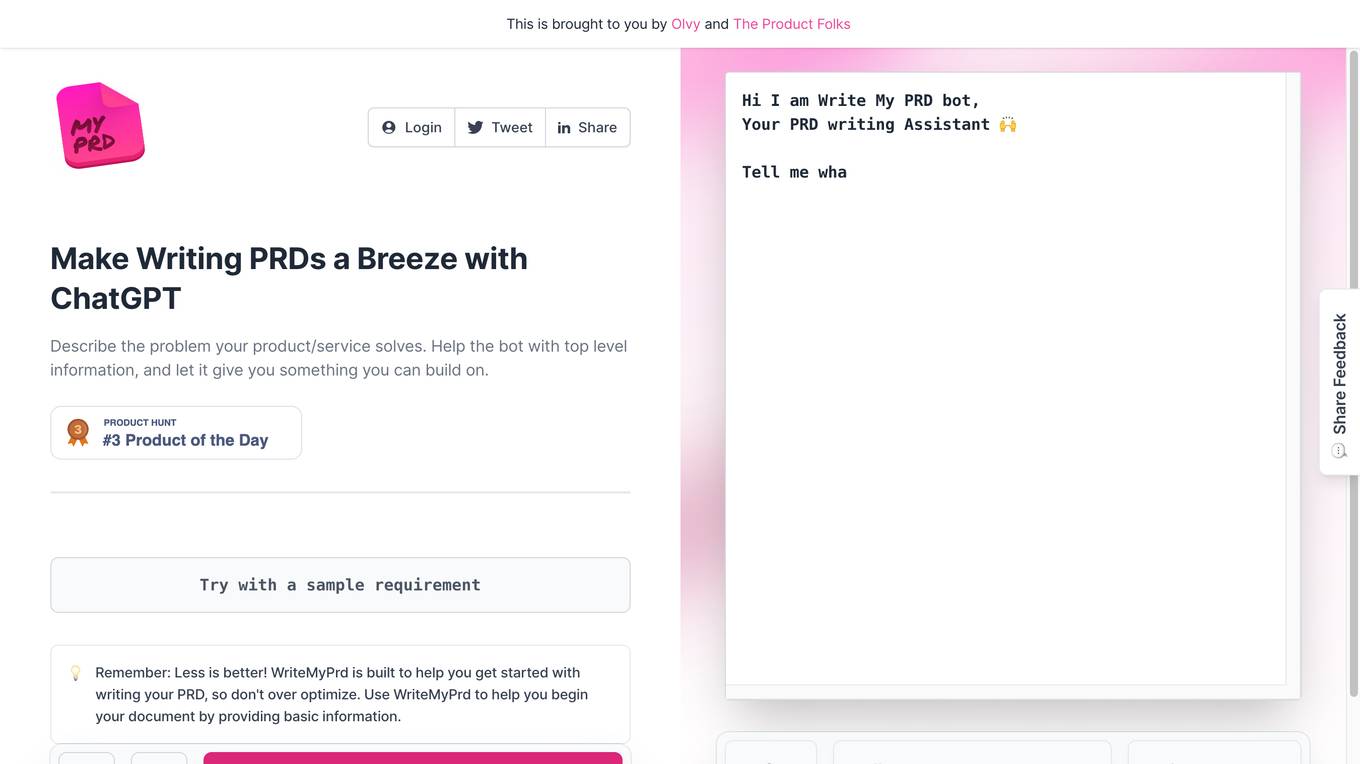
WriteMyPrd
WriteMyPrd is an AI tool designed to make writing Product Requirements Documents (PRDs) easier and faster. By leveraging ChatGPT Olvy 3.0, users can speed up their feedback analysis by 10x, enabling them to generate PRDs with basic information and feature details effortlessly. The tool aims to assist users in initiating their document creation process without over-optimizing, providing a streamlined approach to defining product requirements.
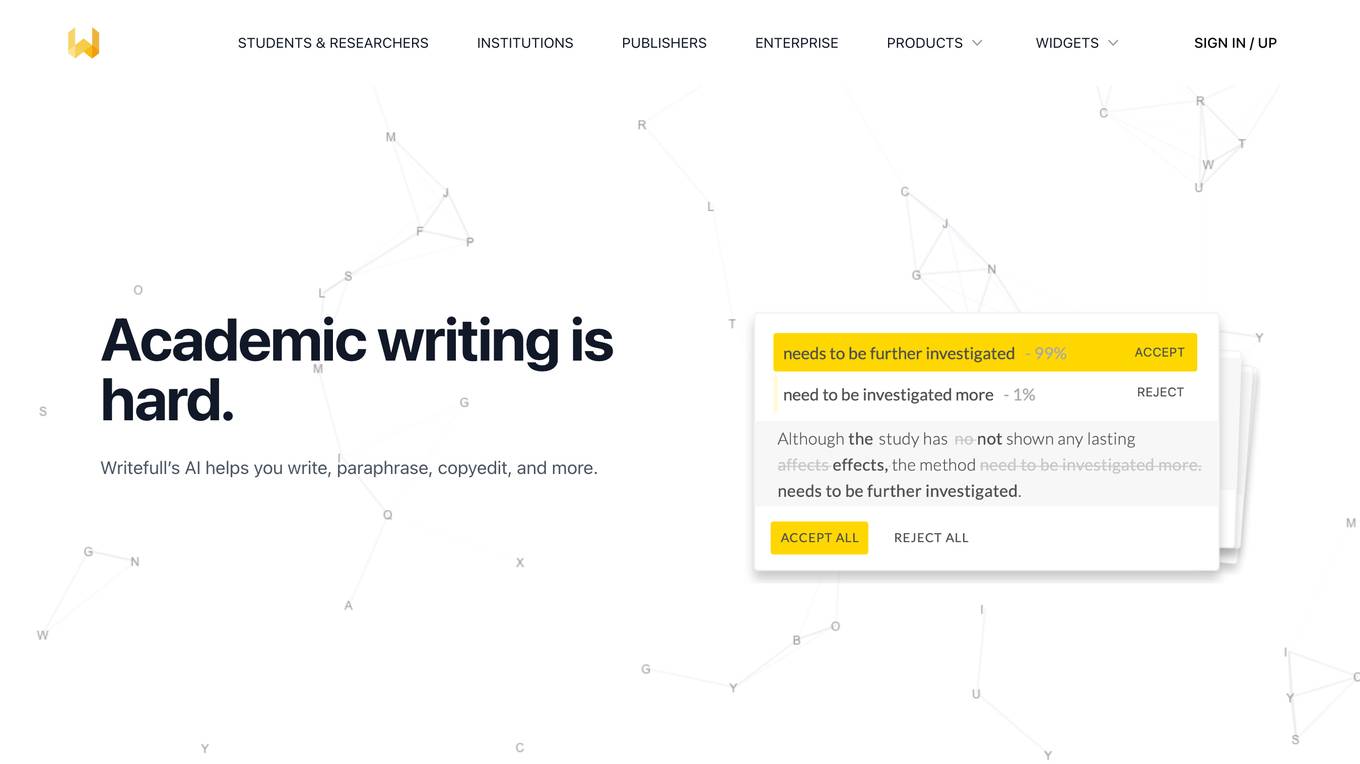
Writefull
Writefull is an AI-powered writing assistant that helps researchers and students write, paraphrase, copyedit, and more. It is designed to help non-native English speakers improve their writing and to make academic writing easier and faster. Writefull's AI is trained on millions of journal articles, so its edits are tailored to academic writing. It also offers a variety of AI widgets that can help you craft your sentences, such as the Academizer, Paraphraser, Title Generator, Abstract Generator, and GPT Detector.
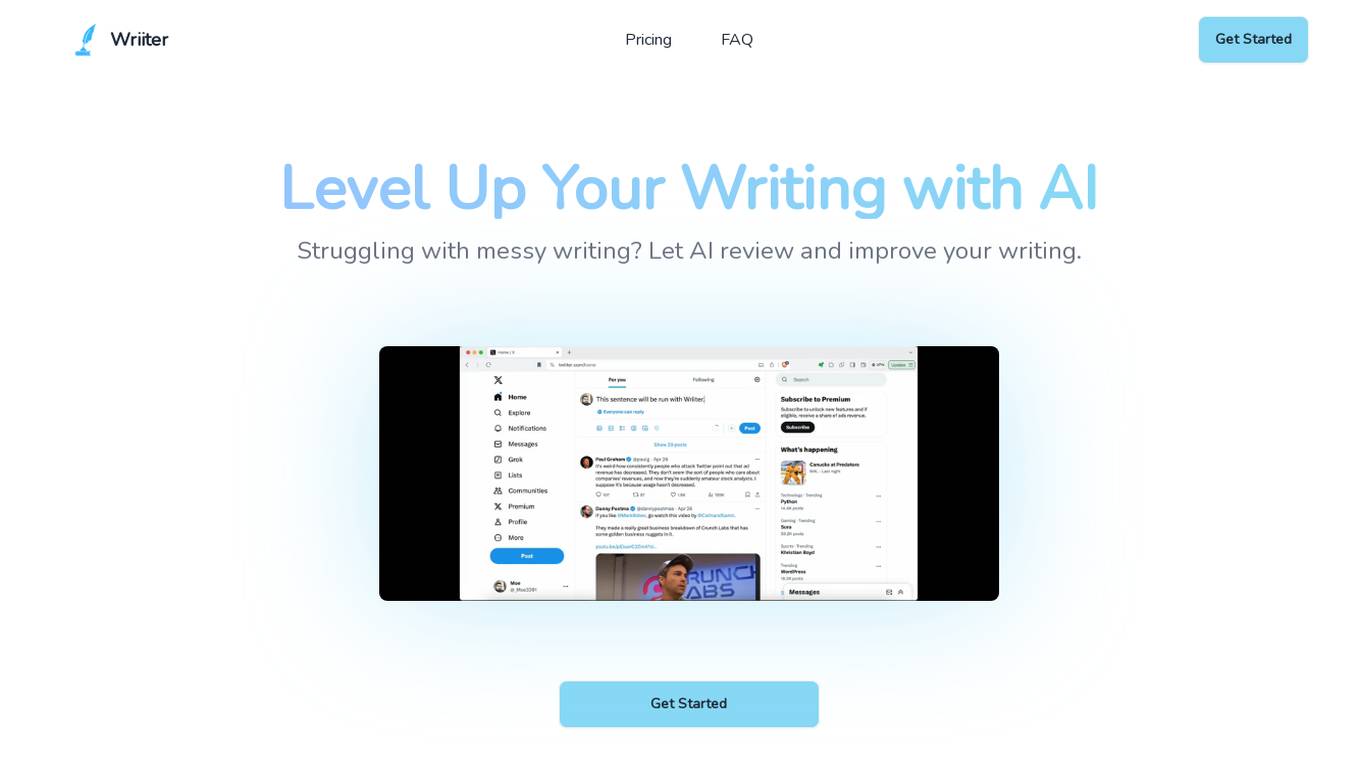
Wriiter
Wriiter is an AI-powered writing tool that helps users create high-quality content quickly and effortlessly. It uses advanced natural language processing algorithms to generate text that is coherent, engaging, and error-free. With Wriiter, users can save time and effort in writing blog posts, articles, essays, and more. The tool provides suggestions for improving the clarity and readability of the content, making it suitable for writers of all levels. Wriiter is designed to be user-friendly and intuitive, allowing users to focus on their ideas and creativity without worrying about grammar or structure.

Twon
Twon is a new integration with Typefully that allows users to easily add AI-powered writing assistance to their workflow. With Twon, users can get help with everything from generating ideas to writing complete drafts. Twon is designed to be user-friendly and efficient, so users can get the help they need without having to spend a lot of time learning how to use the tool.
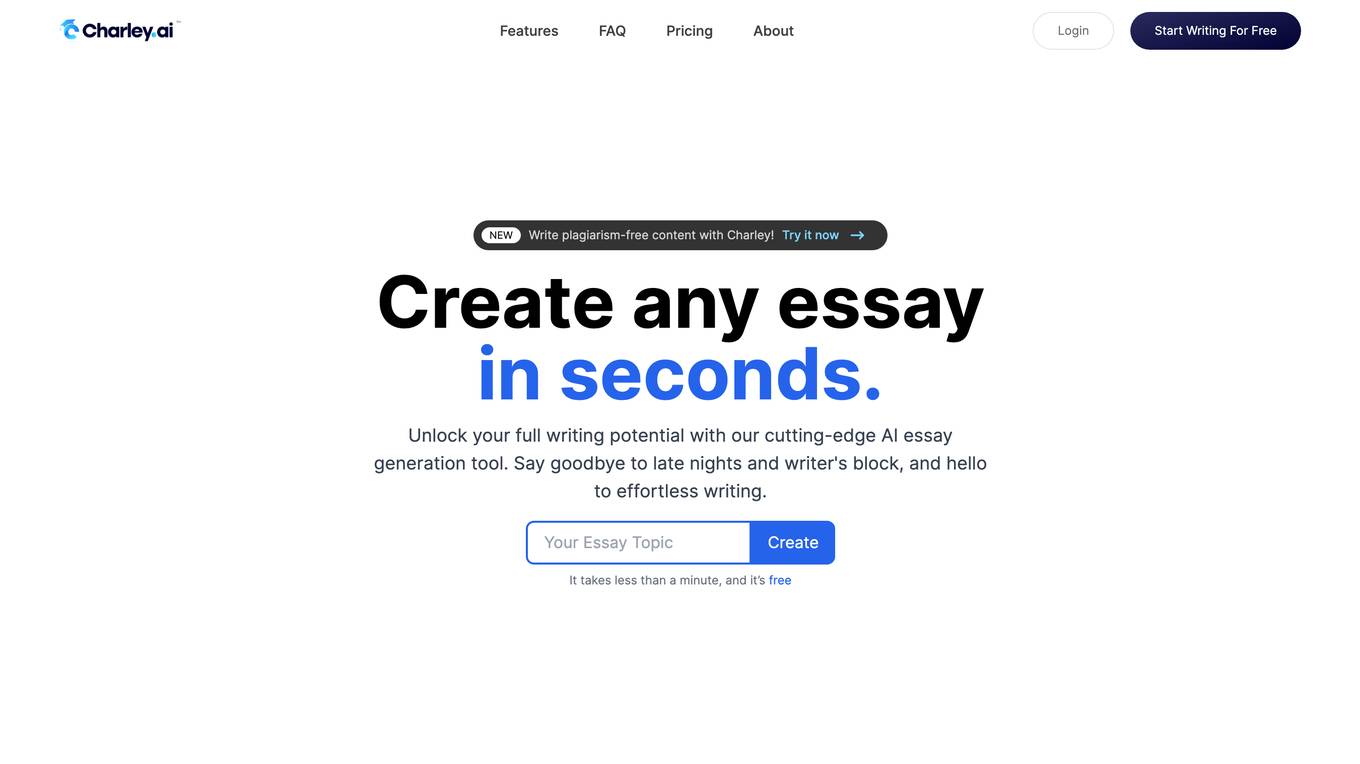
Charley.ai
Charley.ai is an AI-powered essay writer that helps users create plagiarism-free essays in seconds. With over 200,000 users, Charley.ai is a popular tool for students who want to save time and improve their grades. The tool offers a variety of features, including the ability to generate essays from scratch, get inspired by example essays, and get feedback on your writing. Charley.ai is also customizable, allowing users to select the tone, essay type, word count, and desired grade for their essays.
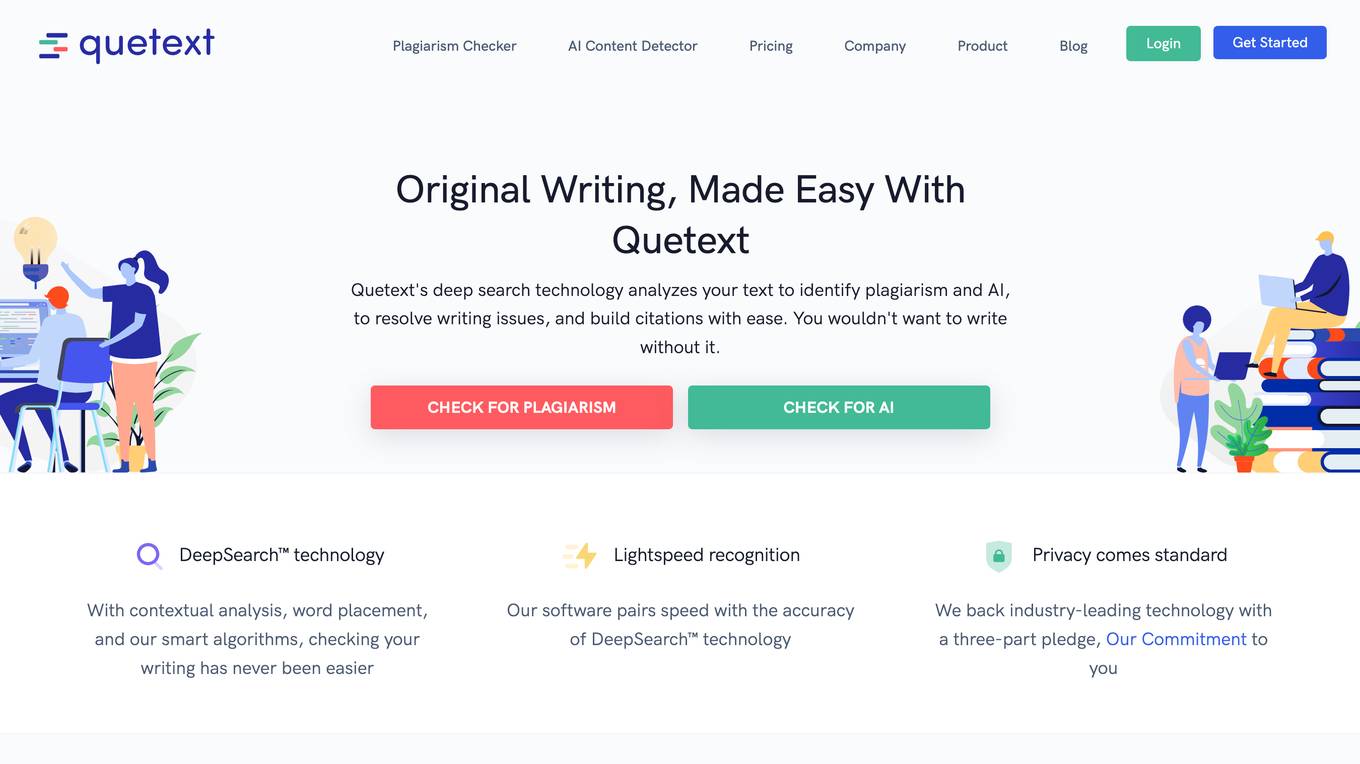
Quetext
Quetext is a plagiarism checker and AI content detector that helps students, teachers, and professionals identify potential plagiarism and AI in their work. With its deep search technology, contextual analysis, and smart algorithms, Quetext makes checking writing easier and more accurate. Quetext also offers a variety of features such as bulk uploads, source exclusion, enhanced citation generator, grammar & spell check, and Deep Search. With its rich and intuitive feedback, Quetext helps users find plagiarism and AI with less stress.
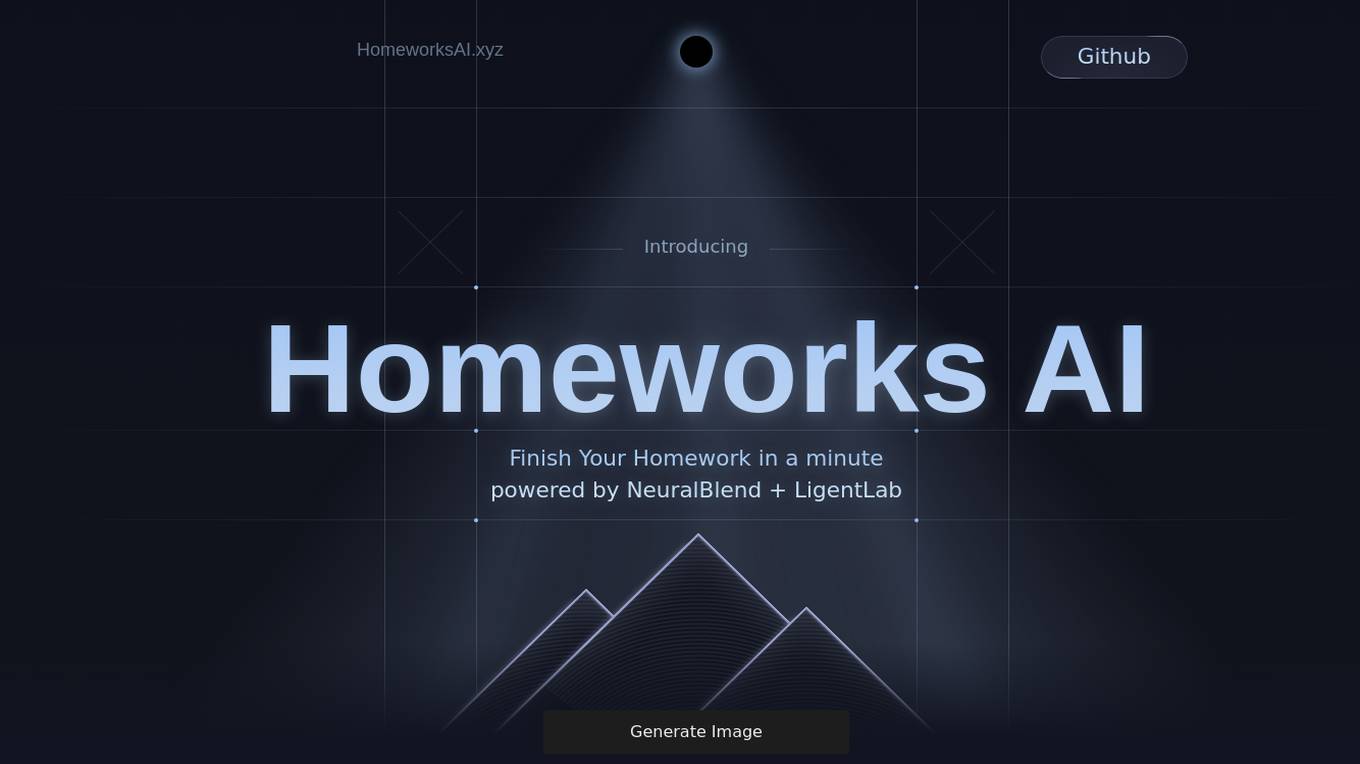
Homeworks AI
Homeworks AI is an AI-powered tool designed to help students finish their homework quickly and efficiently. By utilizing advanced technologies such as NeuralBlend and LigentLab, Homeworks AI can process and analyze text input to provide accurate and timely solutions for various academic tasks. The tool offers a seamless user experience, allowing students to input text, receive instant feedback, and generate high-quality outputs. With Homeworks AI, students can enhance their learning experience and improve their academic performance.

Kwirk.io
Kwirk.io is a cloud-based AI-powered writing assistant that helps users create high-quality content quickly and efficiently. It offers a range of features, including automated text generation, grammar and style checking, plagiarism detection, and real-time feedback. Kwirk.io is designed to help users save time and improve the quality of their writing, making it an ideal tool for students, professionals, and anyone who needs to create written content.
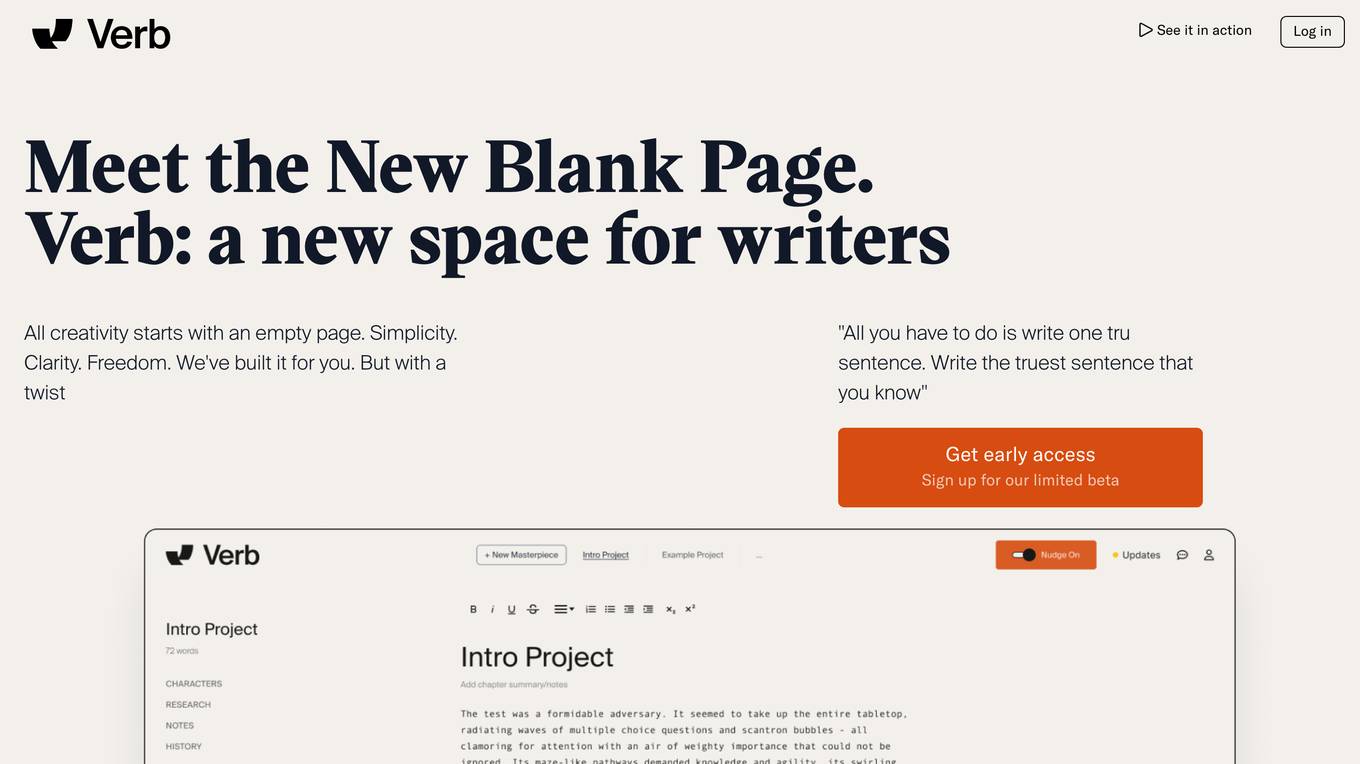
Verb
Verb is a writing tool that uses artificial intelligence to help writers craft better content. It offers a variety of features, including a distraction-free interface, natural language processing, and real-time feedback. Verb is designed to be a collaborative tool that can help writers overcome writer's block and produce higher-quality work.
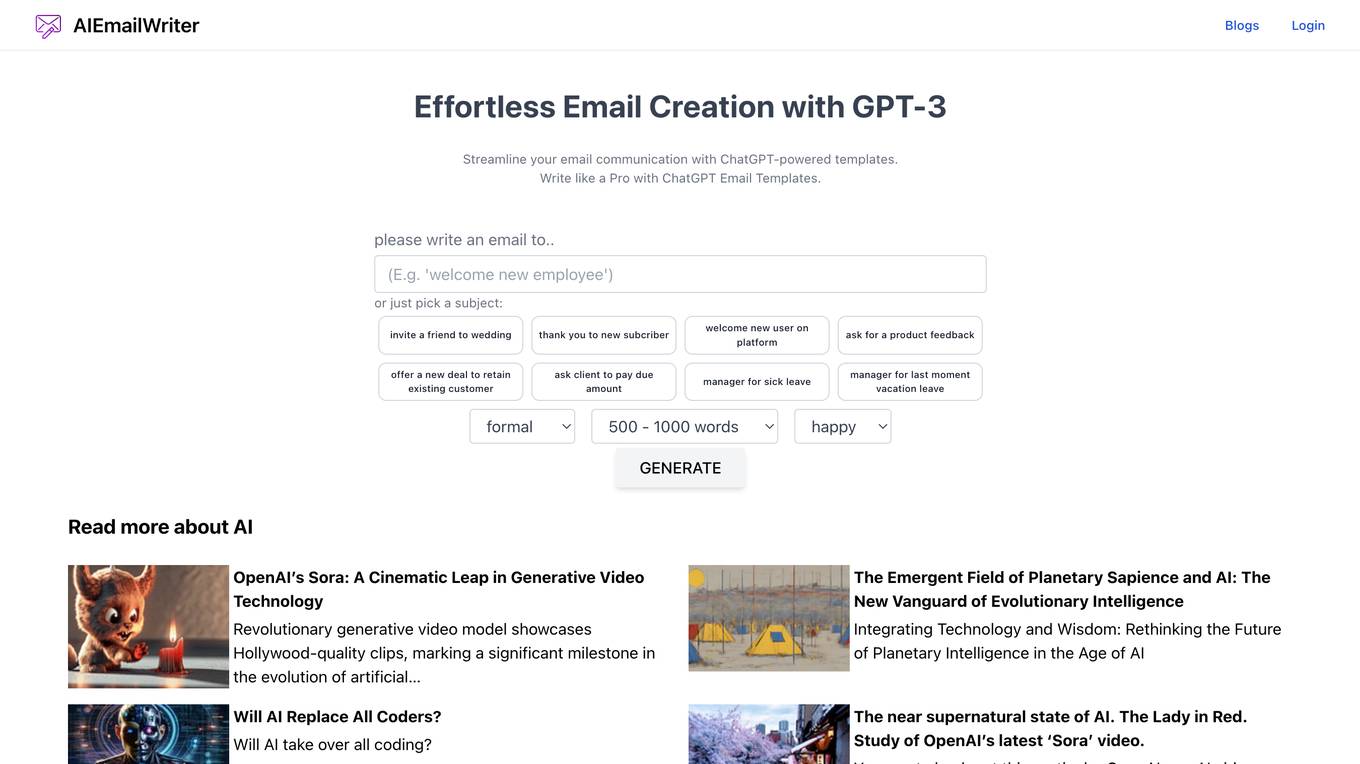
AI Email Writer
Effortless Email Creation with GPT-3. Write better emails faster with the help of AI. Our AI Email Writer can help you generate personalized, professional emails in seconds. Simply provide a few details about your email, and our AI will do the rest. You can also use our AI Email Writer to translate emails into over 100 languages.

Brisk Teaching
Brisk Teaching is a free AI tool designed for teachers to streamline their workflow and enhance their teaching practices. It offers a wide range of AI-powered features to provide personalized feedback, create engaging presentations and quizzes, analyze student writing, and generate various educational resources. Brisk Teaching aims to save teachers time and effort by automating tasks such as feedback generation, curriculum creation, and assessment. Trusted by over 400,000 educators, Brisk Teaching is actively used in 20,000 school districts worldwide.
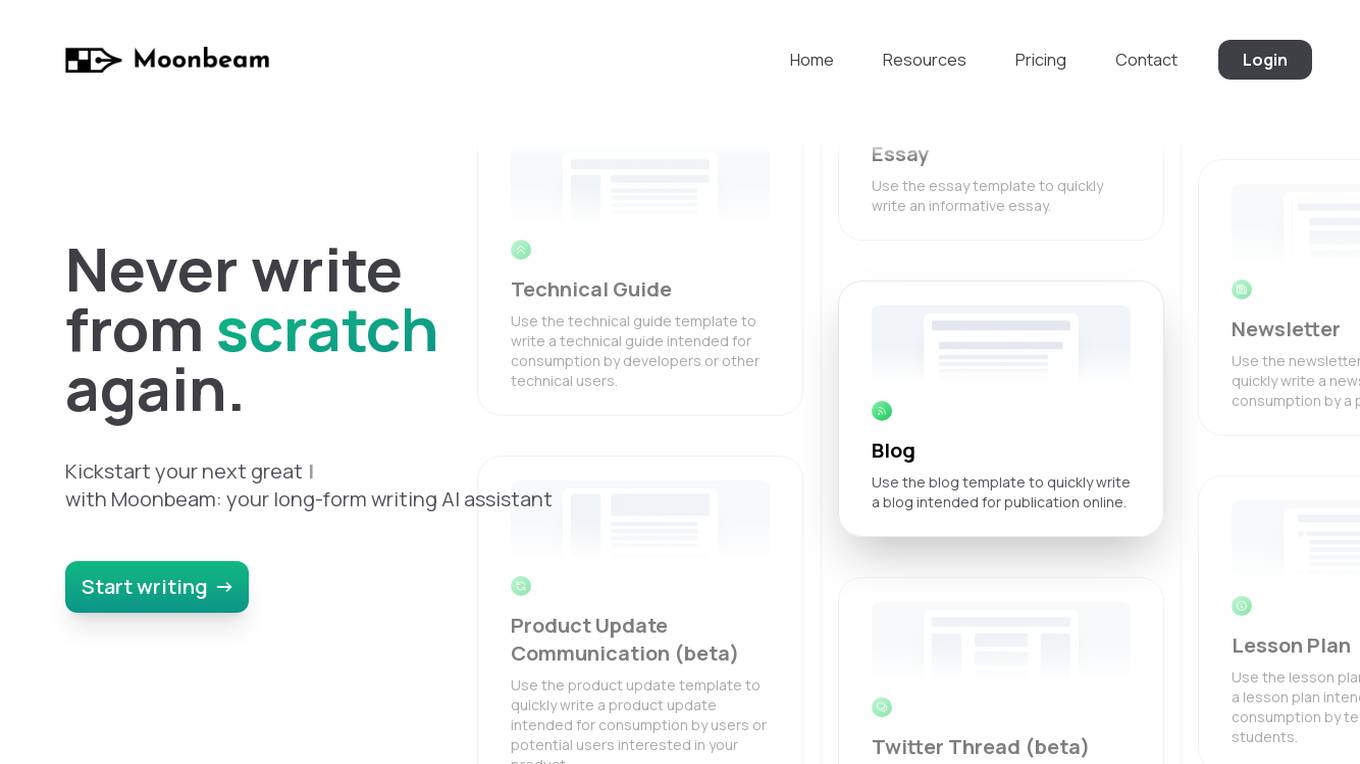
Moonbeam
Moonbeam is an AI writing assistant designed to help users create various types of content such as essays, articles, stories, and blogs. It offers a range of templates and features to streamline the writing process, including a text expander and a custom style generator. Moonbeam stands out for its ability to generate content clusters, provide real-time feedback through Smart Chat, and facilitate team collaboration. Users can also benefit from its powerful text editor and seamless integration with GPT-4 technology for enhanced content creation.
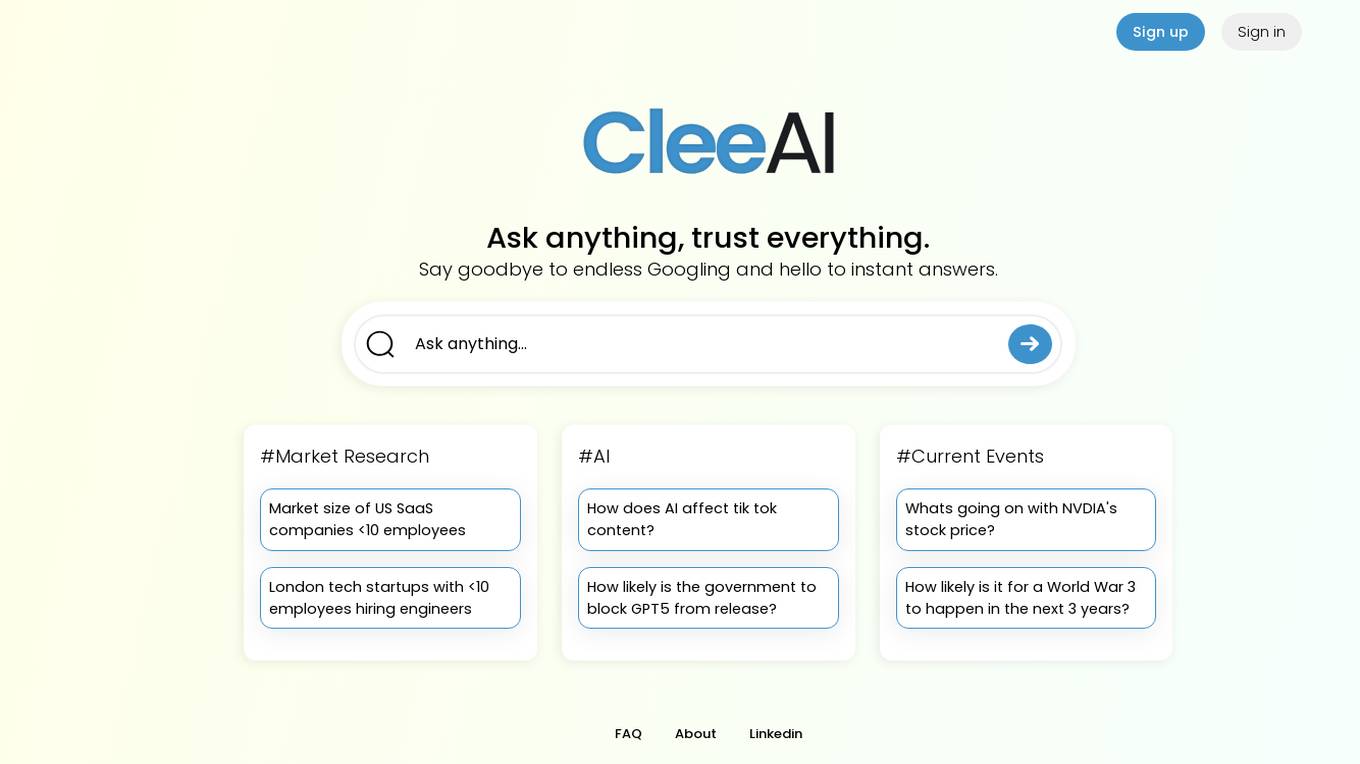
CleeAI
CleeAI is an AI-powered writing assistant that helps you create high-quality content quickly and easily. With CleeAI, you can generate articles, blog posts, social media content, website copy, and more. CleeAI is designed to be user-friendly and easy to use, even for those who are not familiar with AI technology.
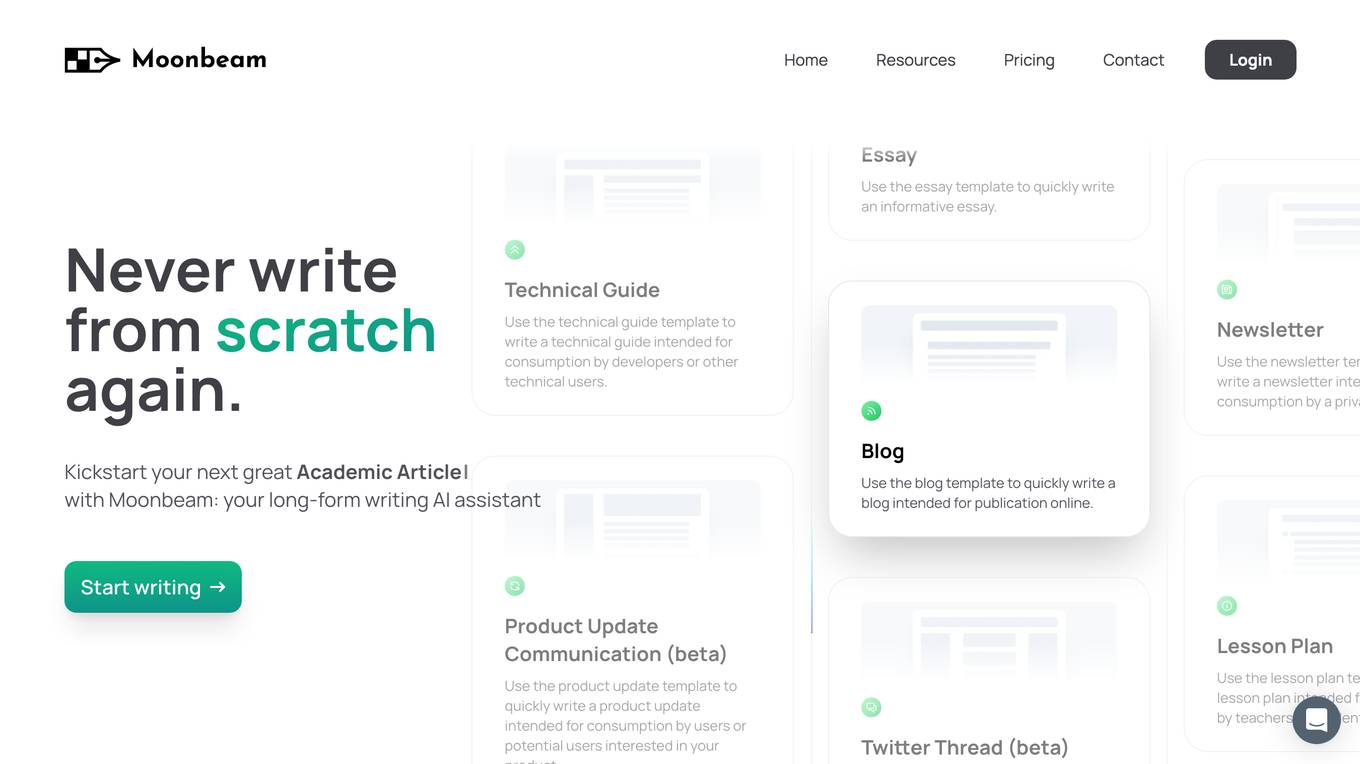
Moonbeam
Moonbeam is an AI-powered writing assistant that helps users generate long-form content, such as essays, stories, articles, and blog posts. It offers a variety of features to help users write better content, including a smart chat feature that provides real-time feedback, a content cluster generator that helps users create comprehensive content clusters around a single topic, and a custom style generator that allows users to write in the style of famous authors or celebrities. Moonbeam also offers a collaboration mode that allows users to work together on documents in real-time.

Fabled AI
Fabled AI is a powerful AI-powered writing assistant that helps you create high-quality content quickly and easily. With Fabled AI, you can generate articles, blog posts, social media content, website copy, and more. Fabled AI is easy to use and affordable, making it the perfect solution for businesses and individuals who want to improve their writing skills.
0 - Open Source AI Tools
20 - OpenAI Gpts

Dedicated Short Story Writer
Your personal storytelling companion for crafting engaging short stories.
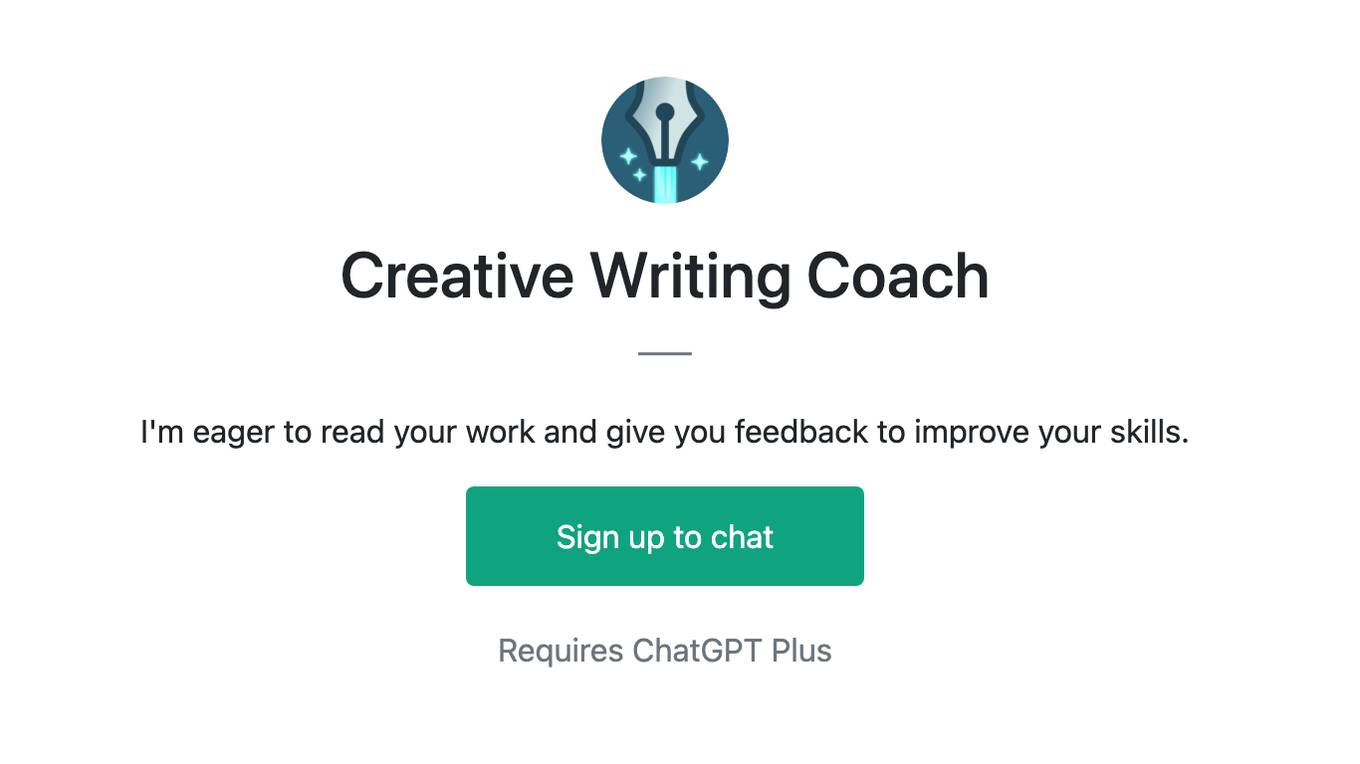
Creative Writing Coach
I'm eager to read your work and give you feedback to improve your skills.
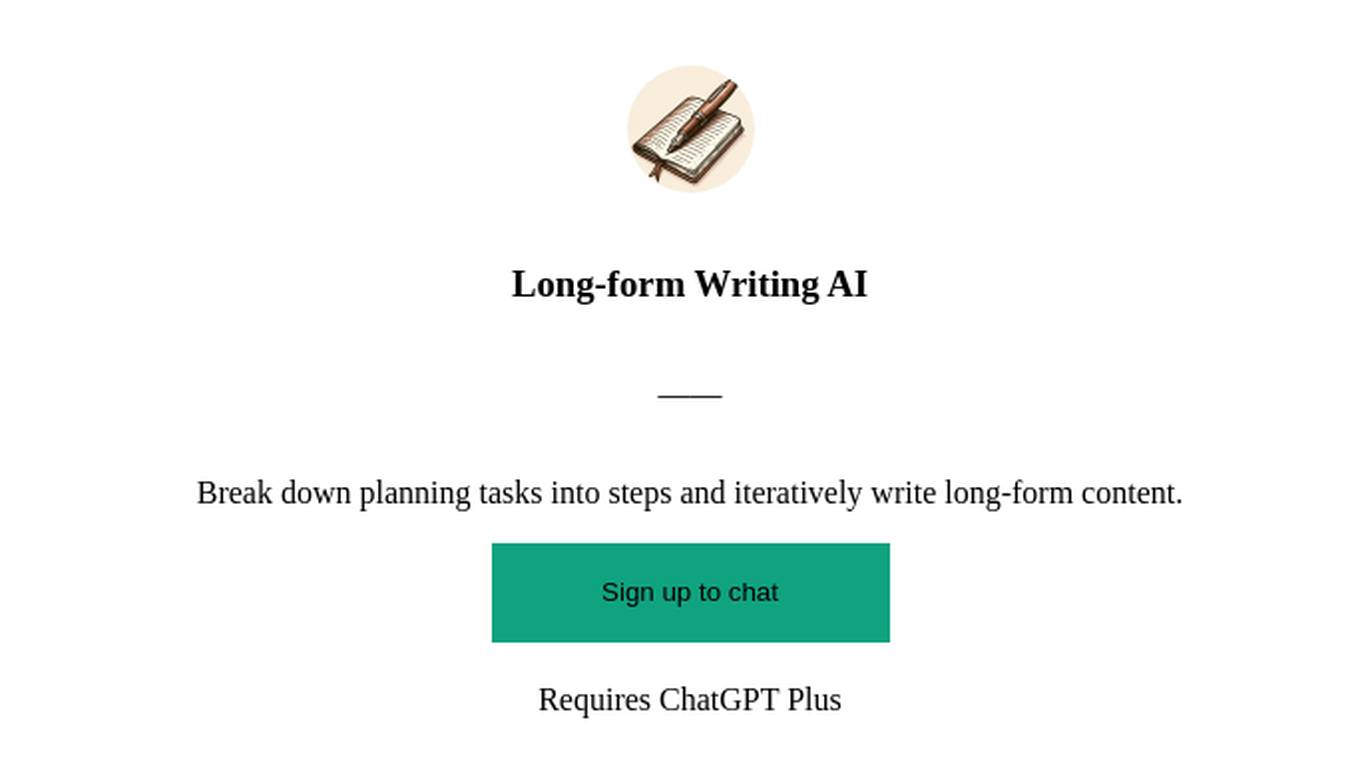
Long-form Writing AI
Break down planning tasks into steps and iteratively write long-form content.
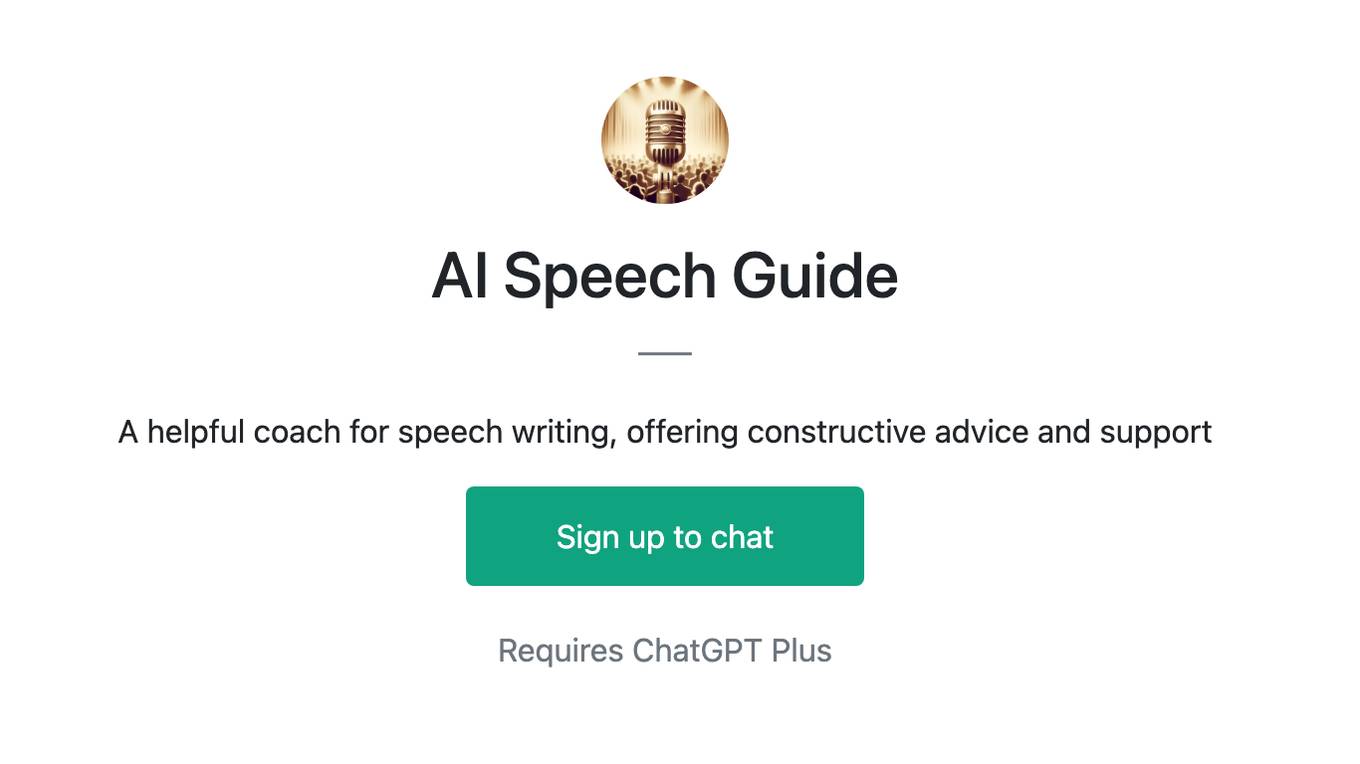
AI Speech Guide
A helpful coach for speech writing, offering constructive advice and support
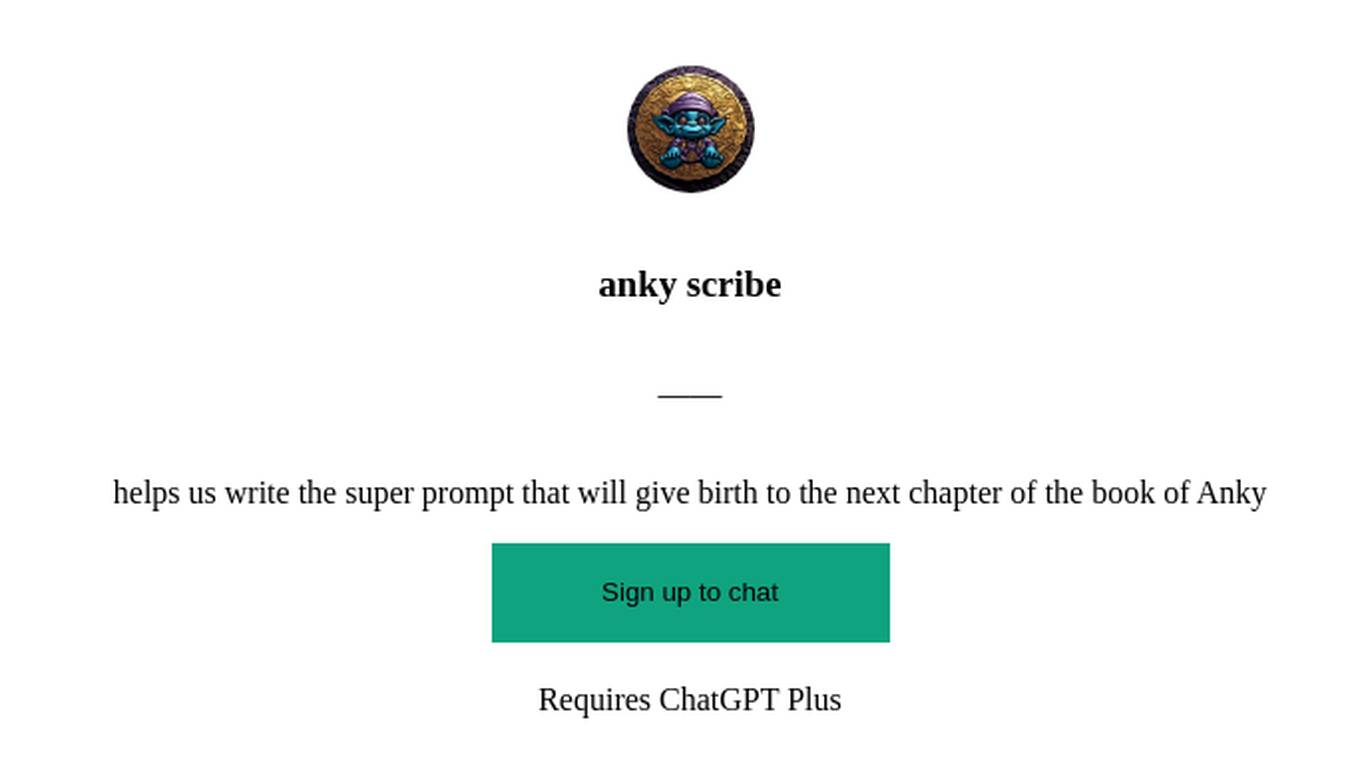
anky scribe
helps us write the super prompt that will give birth to the next chapter of the book of Anky

